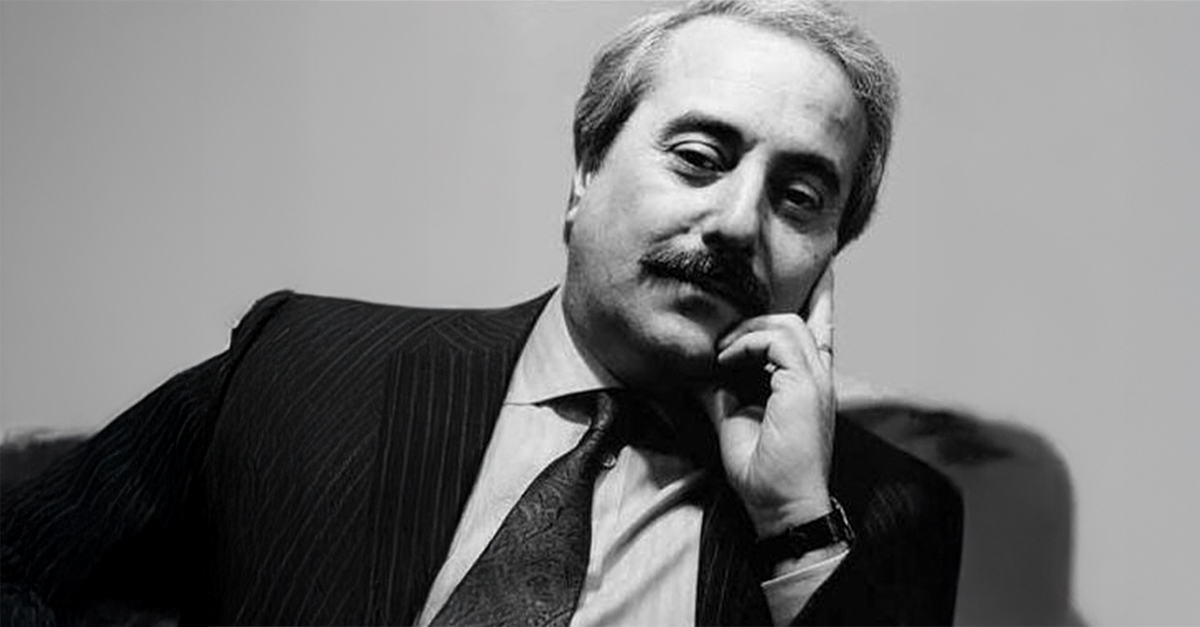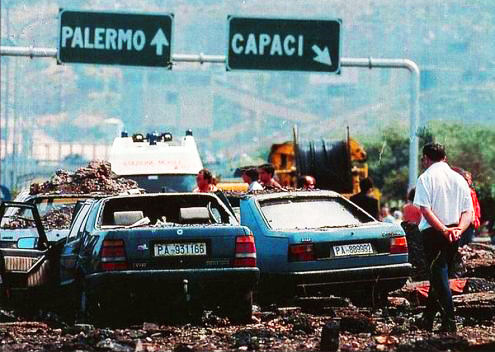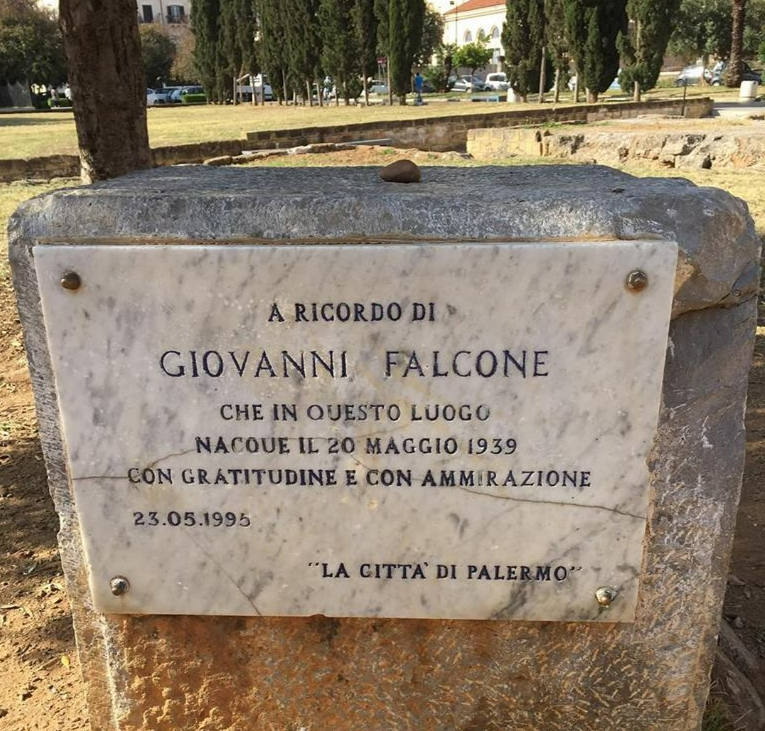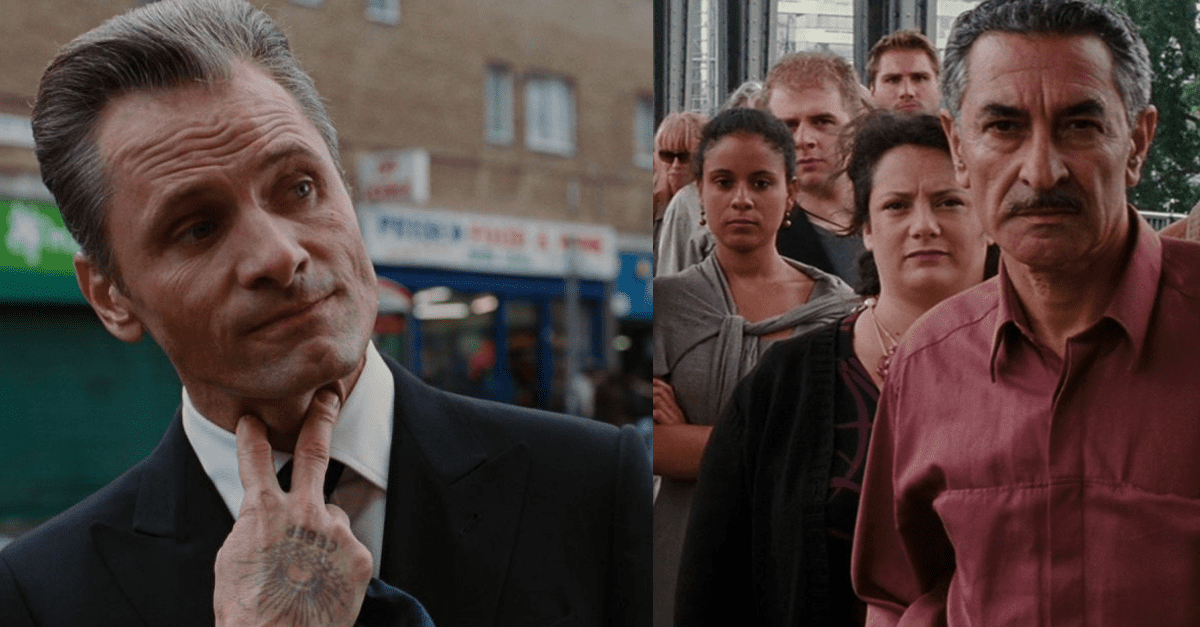Giovanni Falcone was a judge in a nation long paralyzed by the mafia. Born in Palermo, Sicily, in 1939, Falcone grew up in a place where the mafia was feared and respected. Finally fed up with the corruption he saw around him, he dedicated his career to breaking the grip of Cosa Nostra—and would ultimately pay for it with his life.
A Sicilian Son With A Fierce Sense Of Duty
Falcone began his judicial career in the 60s and steadily rose through the ranks of Italy’s court system. He initially served in civil courts, but after a while he shifted to criminal justice, where his focus on the mob made him a target of both admiration and fear. In Palermo, he joined a group of brave magistrates determined to root out mafia influence from public life.
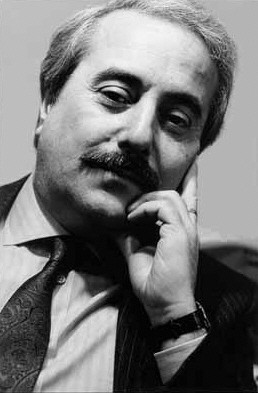 Template:Jaydie Putterman, Wikimedia Commons
Template:Jaydie Putterman, Wikimedia Commons
Breaking The Code Of Silence
Falcone made major use of pentiti—mafia turncoats willing to testify against their former bosses. The tactic broke omerta, the mafia code of silence. His most famous collaborator was Tommaso Buscetta, a former mafioso who made public the inner workings of the Sicilian mafia. Buscetta's testimony was the basis for one of the largest anti-mafia trials in Italian history.
The Maxi Trial: A Turning Point
Falcone’s work culminated in the Maxi Trial (1986–1987), where 475 alleged mafiosi stood trial in Palermo. With meticulous evidence and Buscetta's shocking testimony, the trial resulted in 338 convictions. At last, the mafia's hierarchical structure and its ties to politics and business were laid bare. Falcone had scored a victory, but the struggle was far from over.
Living Under Constant Threat
After the Maxi Trial, Falcone became one of the most protected individuals in Italy. He lived under 24-hour armed guard, traveled in armored cars, and stayed in secure government housing. His daily life was dictated by security protocols, but he never wavered. Falcone knew the risk. He once said, “I expect to be killed, but I don’t know when.” His commitment was total.
 Giuseppe Nigro, Wikimedia Commons
Giuseppe Nigro, Wikimedia Commons
Political Resistance And Institutional Apathy
Despite his success, Falcone encountered resistance from within Italy’s own institutions. Many in the judiciary and political class resented his high-profile investigations and methods. Some accused him of seeking fame; others simply feared confronting the mafia too directly. Falcone was passed over for promotions and often undermined, even as he dismantled illicit empires.
Operation Addio: The Last Mission
By 1992, Falcone had become a senior official in Italy's Ministry of Justice. He was trying to create a national anti-mafia agency modeled on the FBI, combining intelligence, law enforcement, and judicial coordination. It was a new approach that could’ve permanently changed the fight against the mob. But his adversaries had already decided his fate.
The Event That Shook Italy
On May 23, 1992, Giovanni Falcone, his wife Francesca Morvillo (also a magistrate), and three bodyguards were traveling from the airport to Palermo. As their convoy approached Capaci, an explosive placed under the highway by mafia operatives detonated. The blast hurled their vehicles off the road. All five perished instantly. Italy was plunged into mourning.
A Martyr For Justice
Falcone’s loss galvanized the country. Tens of thousands took to the streets in protest and remembrance. His public funeral turned the nation's anger into a movement. Two months later, his close friend and fellow magistrate Paolo Borsellino was also slain. But their loss was not in vain. They ignited reforms, created new anti-mafia laws, and reshaped Italian law enforcement.
A Legacy That Endures
Giovanni Falcone’s legacy lives on in the institutions he helped shape and the courage he inspired. Schools, buildings, and streets across Italy bear his name. He stood against fear, corruption, and indifference. Along the way, he proved that even the most entrenched evil can be challenged by those brave enough to confront it.
You May Also Like:
Untouchable Facts About Eliot Ness, The Gangsters’ Sworn Enemy

